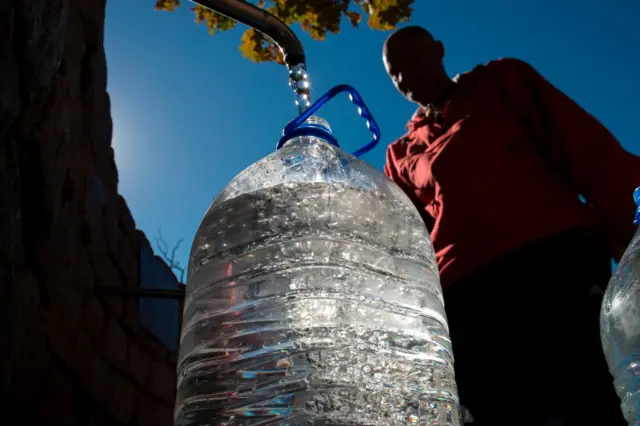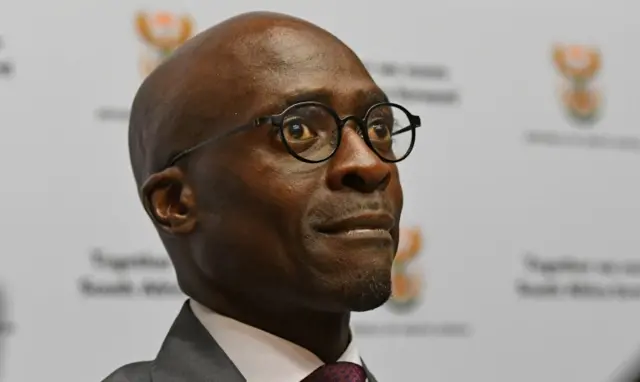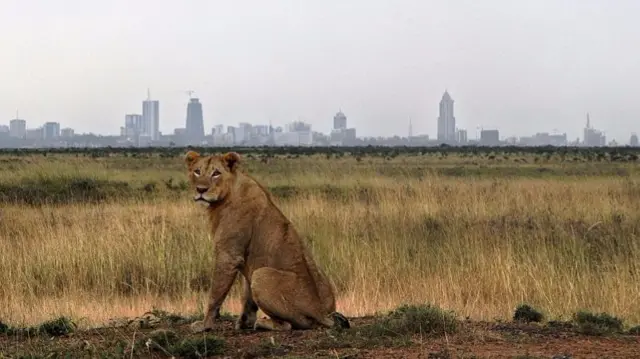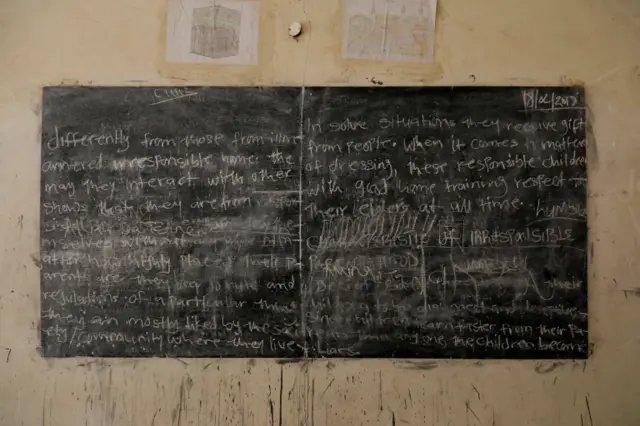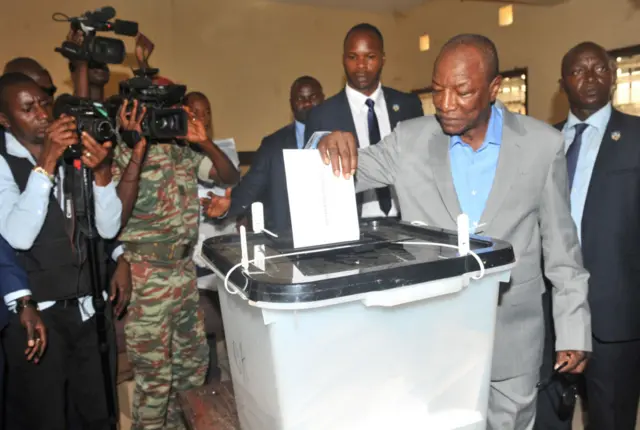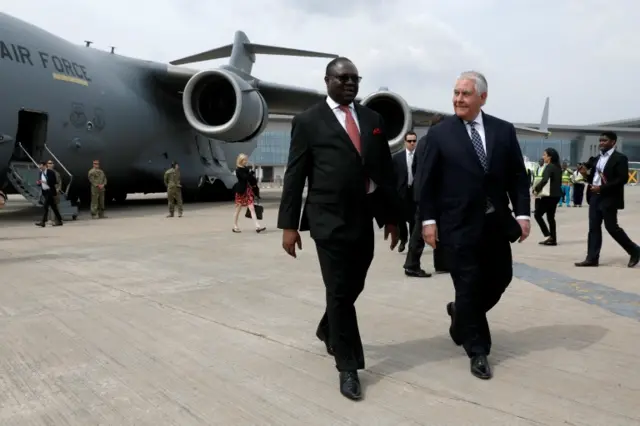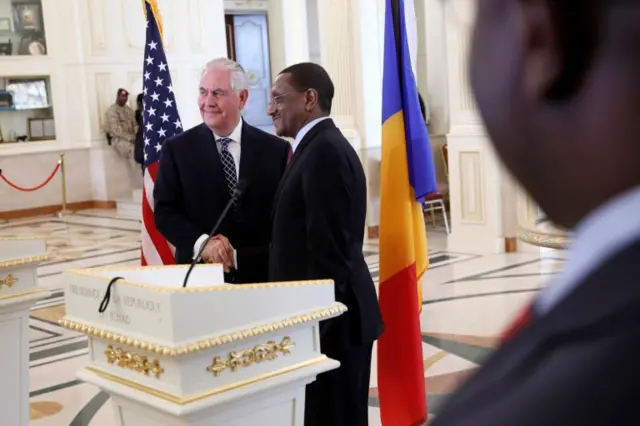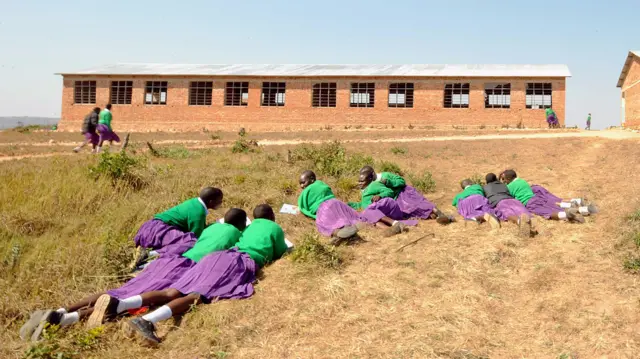Dozens killed as bus falls off cliff in Ethiopiapublished at 10:42 GMT 13 March 2018
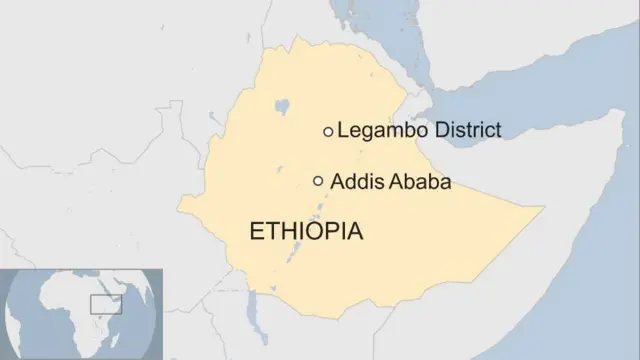
Almost 40 people have died after the bus they were travelling in plunged off a five-metre drop in Ethiopia, according to state media.
The accident happened in the Legambo District of the country's Amhara region, north of the capital Addis Ababa.
Local officials have confirmed 28 men and 10 women were killed.
Ten passengers have survived but suffered "serious and minor injuries", AFP quotes state-affiliated Fana Broadcast Corporate as saying.
"Most of victims of the accident are students of higher learning institutions," the broadcaster said.

